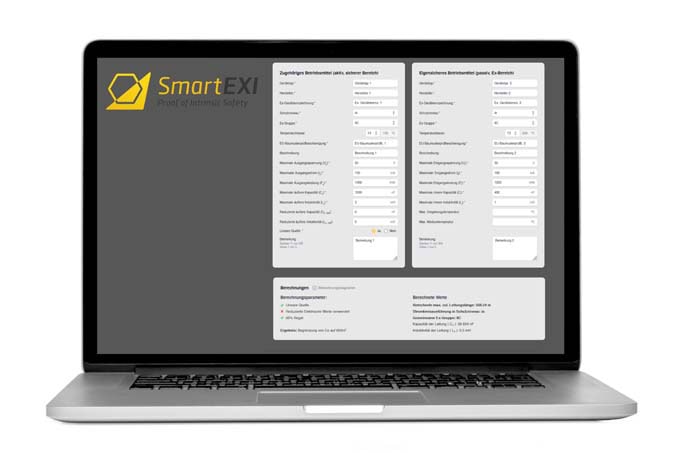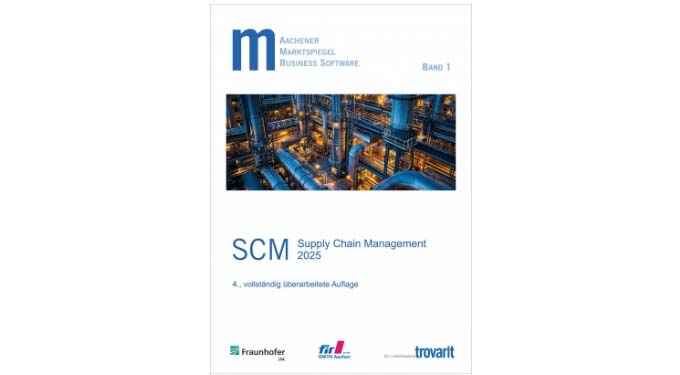How must SME IT be designed?
How do SMEs structure their IT? Does the CRM serve as a control tool for the management? Should the salesperson have a comprehensive overview of all previous and current activities with a customer? Should the sales process (especially for small invoice amounts) be automated and thus cheaper?

I had an excellent IT developer in a previous SME. He was reliable, creative, fair priced, personable, professional - everything we wanted. Due to a prolonged illness he dropped out from one day to the next.
As a one-man company, he had no proxy. Fortunately, he is doing well again today. We successfully migrated our CRM data to a new solution with great effort. The effort amounted to 20 days for evaluation, migration, testing and implementation. A temporary employee costs at least CHF 10,000 for this task.
Our recommendation:
- Make sure that the manufacturer distributes its expertise among several people.
- Make sure that the manufacturer has the critical size. Can the manufacturer also provide the solution in good quality in the long term? For example, is the succession regulated?
- Does the solution comply with Swiss laws? If yes: Where (geographically) does the provider develop and where is the company headquarters? Do the developers and supporters understand the special Swiss requirements?
Is the service right?
We often only realize how often an application is used when it is not running. Whether in the cloud or on your own server, problems can occur with any software, no matter how good it is. On the one hand, it is crucial how often problems occur and how serious they are. Reference customers provide good clues: How satisfied are they with the solution, what works well, what doesn't?
Just as important, however, is how the software manufacturer reacts to problems. Does it inform its customers proactively? Does it take customer concerns seriously and resolve issues in a timely manner?
Our recommendation:
- Obtain references from existing customers: Critically question whether the reference customer would like to achieve the same goals with the application.
- Ask for key figures on failure frequency and duration, extrapolate them to a year and consider what this failure means for you.
- Ask the manufacturer for key figures on support (e.g. how long the processing time of a ticket takes on average). If possible, test the support before the purchase.
- Clarify: Do I have a point of contact if the application stops working correctly?
Data protection
The topic of data protection doesn't concern me, think many smaller SMEs. What happens to your company if tomorrow the drive with all the data is deleted? Many companies regularly create a back-up of their data. Have you ever checked whether the data on the back-up can actually be restored (recovered)?
Which legal regulations regarding data location (e.g. for personal data) do you have to comply with? Where is the data located (in Switzerland, in the EU, in the USA?) and how is it secured (or not secured)? Can your customers and employees rely on the fact that the data is safe with you?
Our recommendation:
- Data location Switzerland or EU
- Data should be stored in a certified data center and backed up at a second location
- Test at regular intervals whether the data can actually be restored with the back-ups created.
Avoid dependency (practical example for the use of free software)
A customer evaluated a functionally flawless, cost-effective solution for e-mail, calendar and document exchange. The lack of user-friendliness of calendar and e-mail could be solved via (free) add-on software to Outlook. Unfortunately, the additional software was discontinued after two years. Today, the user-unfriendly solution no longer triggers any enthusiasm.
SME IT solutions are usually not made for eternity. The needs of users change and technologies become obsolete. Manufacturers discontinue the operation of a software or the cooperation with the manufacturer is not satisfactory.
Existing data can usually be read into an application. But how do you get this data out of the application again? If this is not possible without great effort, you will hardly be able to get away from an application again later.
Our recommendation:
- Only use additional software for the solution if the software provider offers a guarantee for an adequate solution.
- Before implementation, make sure that you can export the required data and transfer it to an alternative application.
Be careful with costs - compare like with like
For most applications, there are inexpensive or free basic versions. However, many users quickly discover that the basic solution is not enough and require more and more additional modules and licenses.
Not only external costs arise during the introduction. The internal project employees are often missing in sales - and the turnover decreases considerably during a longer period of time. You should definitely take these (so-called opportunity) costs into account. At the very least, you should include the direct wage costs of the employees involved. In Switzerland, the average labour costs per working hour are around CHF 60.
Consider the costs of operating the solution. Again, the internal employees cost! If the operation does not run smoothly, employees cannot do their work, this also costs a lot of money.
As already mentioned, all software must be replaced at some point (decommissioning). Before signing the contract, estimate with the software manufacturer how great the effort (and thus the costs) for replacing the selected solution will be.
"Beware the cost - free isn't always cheaper"
Our recommendation:
- Based on a well-founded needs analysis and a lot of experience, approach the evaluation of the solution and compare the same performance with the same price.
- Take into account the costs of internal staff and, if possible, the opportunity costs during implementation, operation and decommissioning
- Include operating costs in the cost comparison
- Include the costs of decommissioning
Contract and Service Level Agreements (SLA)
Not every possible situation can be dealt with in a contract. To put it in Schiller's words: Drum prüfe, wer sich (...) bindet. Mutual trust and appreciation are an important part of a functioning business relationship.
The clearer you can formulate your needs (requirements), the more likely you are to find the right software supplier. Nevertheless, many SMEs rarely conclude software contracts and therefore do not have the necessary experience to identify stumbling blocks. For a few francs more, a specialist can help you review contracts and service level agreements.
Our recommendation:
- Formulate and prioritize own requirements for the software and the supplier in writing
- Make contracts as simple as possible
- Check the contract with an expert for stumbling blocks









